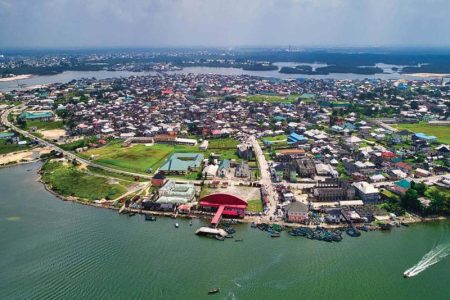21 September 2011, Sweetcrude, Lagos- The Energy Commission of Nigeria (ECN) projects that electricity demand in Nigeria will peak at 107,600 mega watts (MW) by the year 2020 and that for the government to achieve and sustain Vision 20 2020, Nigeria should be able to generate power that would match the demand through alternative sources of energy.
Director General, ECN, Abdullahi Sambo, stated this at a recent energy forum in Lagos, saying electrical energy specifically should be resuscitated to attain the fullest potential.
He said: “Its availability, accessibility and affordability determines the level of development. Nigeria has vast energy resources of both the conventional and renewable categories. The use of modern energy modeling tools to adequately plan for energy demand and supply is a path that all the developed and fast growing countries have followed.
“For Nigeria to be one of the 20 strong economies in the world by 2020, energy planning at the level of both the federal and state governments, have to be mainstreamed into the national development plans,” he said.
Quoting from ECN’s projections, using IAEA energy modeling tools to compute the Nigerian energy demand and supply projections covering 2005 to 2030, he said the country’s energy demand would hit 297,900mw by 2030, owing to the 13 per cent economic growth target of the government.
He lamented the long neglect of the power sector, noting, “for the period covering 1979-1999, no new power plants and refineries were built and the old ones were not properly rehabilitated, bringing the energy sector to a deplorable condition”.
“Electricity went down from the 5,600mw generation capacity to about 1,750mw in 2001. Only 19 out of 79 installed operating units were functional. Similar trend was witnessed in the petroleum sector as refineries cannot meet domestic demand,” he further lamented.




